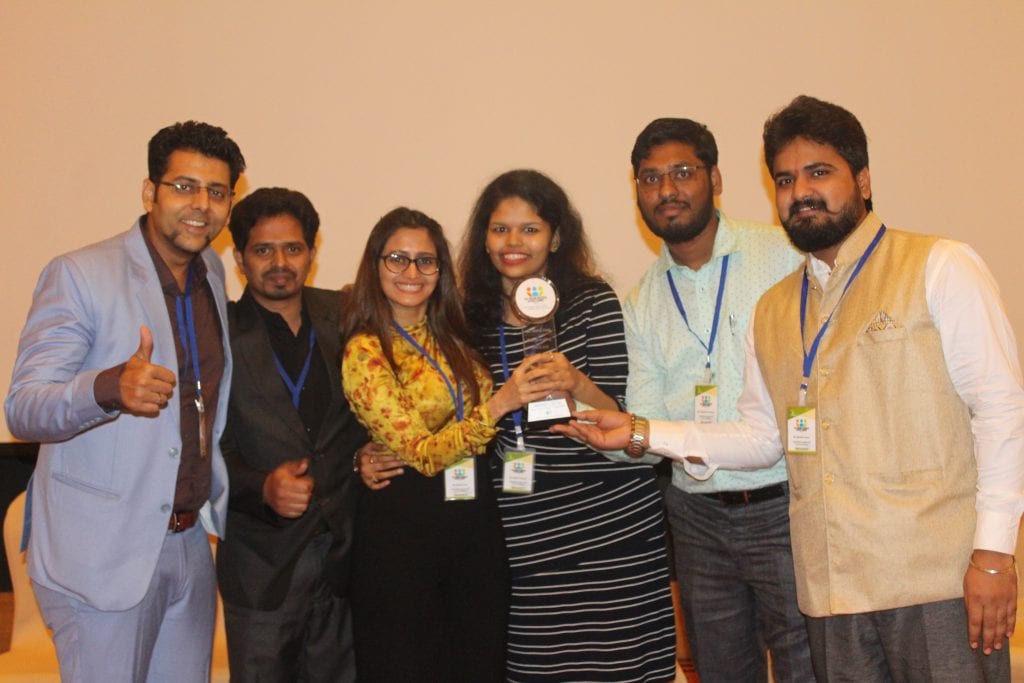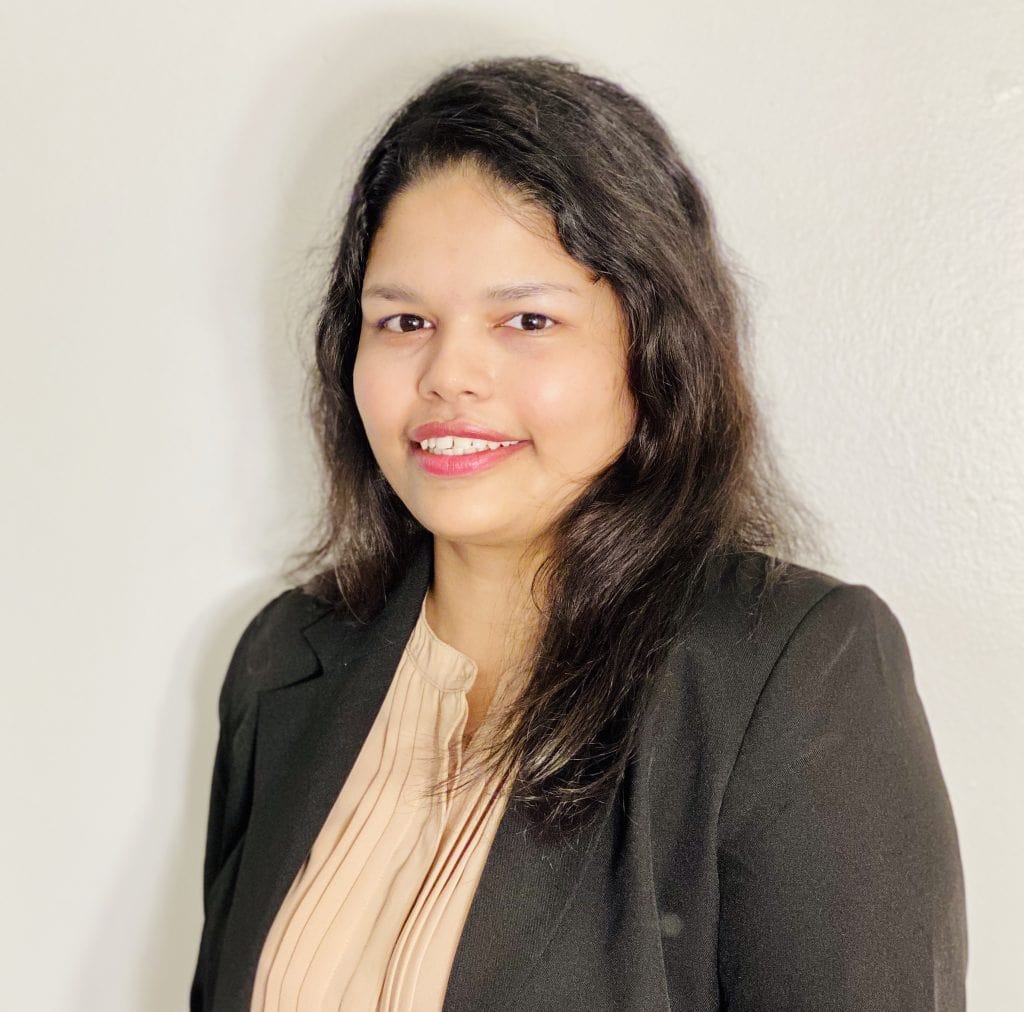Where is your hometown and where did you obtain your PharmD degree?
I am from India. I obtained my Doctor of Pharmacy degree in 2018 from Jawaharlal Nehru Technological University in India.
What attracted you to your chosen field? Any particular moment(s) that made you stop and think, “This is the path I want to take?”
I have been bullied since elementary school due to my congenital hypothyroidism. Many children across the world suffer from this illness that still has no definitive cure. Not always being able to do what I love, lacking a supportive community and controlling every habit due to increasing comorbidities are some examples of how this condition has impacted me. I wanted to become a researcher to help people suffering like me. This motivated me to pursue a career in the health care industry.
My undergraduate curriculum made me realize all the pressing concerns in modern health care: overuse of drugs, reduced patient safety, skyrocketing costs and lack of transparency in research just to name a few. To attain more exposure, I attended and organized numerous workshops and modules related to research. On one occasion, I hosted a workshop supported by the International Society of Pharmacoeconomics and Outcomes Research (ISPOR) at its student chapter, and the experience ignited my interest in health economics. “A doctor gave a man six months to live. The man couldn’t pay his bill, so the doctor gave him another six months to live.” This quote presented during the workshop made me realize what a diverse and impactful field health economics is. That was the moment I decided to pursue a career in health economics
Why did you decide to pursue an MS in Healthcare Decision Analysis (HCDA) after earning your PharmD degree?
After I graduated with a PharmD degree, I took an opportunity to work with Marksman Healthcare Communications, an Indian-based health economic firm for two years. During my employment, I learned the intricacies of formulating systematic reviews, budget-impact models, various cost analyses and critical appraisal of systematic reviews and meta-analysis. I executed multiple projects using economic modeling, but I wanted to enroll in a graduate program to help me enhance my skills and deal with practical problems.
Upon learning about the excellent faculty and learning opportunities within the USC MS in HCDA program, I realized it was the perfect program to help me create a positive impact in the health care industry.

Why did you choose USC School of Pharmacy?
Despite living in India all my life, USC was the only pharmacy school I applied to. I was very much impressed by the tailored HCDA program, its faculty and how friendly and accomplished everyone I met was. The HCDA program allows you to pursue various career prospects in the healthcare industry including insurance design, managed care, competitive intelligence, strategic partnerships, along with health economics and outcomes research. Special thanks to Michelle Ton, my academic advisor who has entertained a million questions from me prior to the admission process
Can you tell us about the work you’re doing at Blue Eye Soft Corp? How do you anticipate COVID-19 changing the healthcare landscape?
I am the clinical lead at Blue Eye Soft Corp, an innovative artificial intelligence (AI) company that’s pioneering AI in healthcare. The company has created BlueDocAI, a tool that uses proprietary AI algorithms to help radiologists and other healthcare professionals detect and diagnose COVID-19 and other various health conditions more quickly and accurately. This tool can be used to predict patient outcomes such as diagnosis, survival, staging of a patient and disease progression. With the flu season coming up, we aim to provide an AI solution that differentiates between the pneumonia and COVID-19 conditions.
I work in different departments in the clinical domain of the company. I mainly work on improving the accuracy and robustness of different models with clinical validation and real-world evidence. I also work with the development team in improving the product enterprise interface. As a part of process validation, I take part in finding different strategic partners for data, research and business collaborations. I also act as a clinical bridge between the internal and external stakeholders of the company
COVID-19 has been one of the greatest public health crises in the last hundred years and has changed the way people interact with each other. As many professionals predict, I imagine post pandemic that there will be increased telehealth services, the use of artificial intelligence tailored solutions and evolvement of reimbursement scenarios beyond the current restrictions.
What are your career aspirations?
I wish to continue my journey in health economics and outcomes research while further exploring competitive intelligence, product development and strategic partnerships.
What’s a fun fact about you that not many people know about?
I have lived in five different cities over the past decade and explored many different career prospects from a vocalist in a music band, event manager, clinical pharmacist and finally a health economist.
To learn more about the Healthcare Decision Analysis Graduate Programs, click here.


